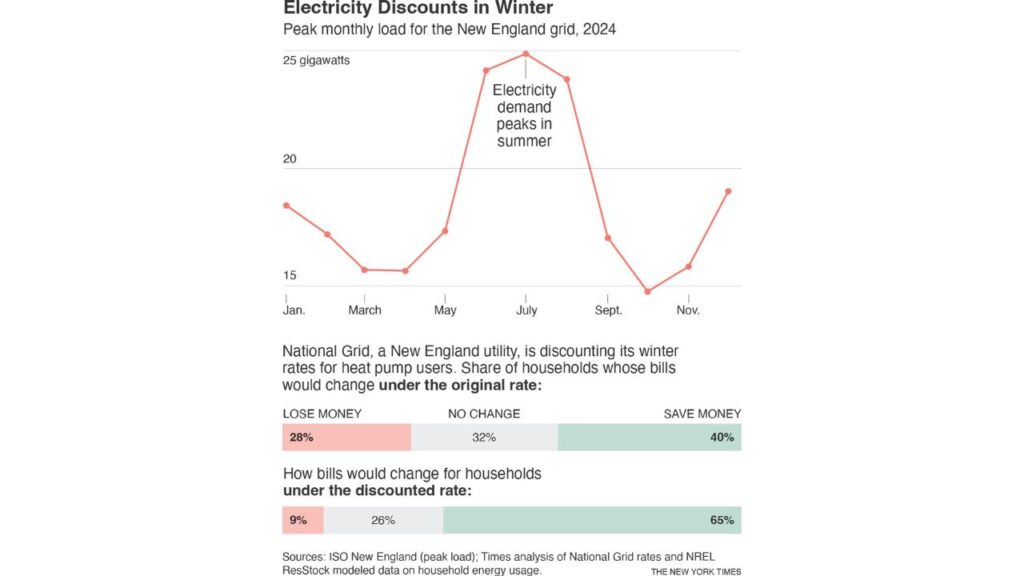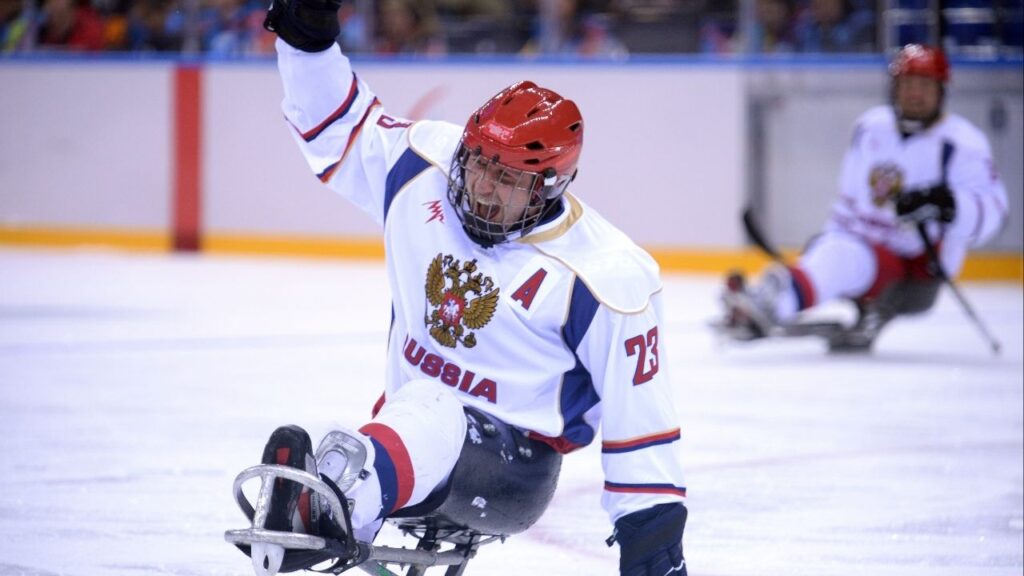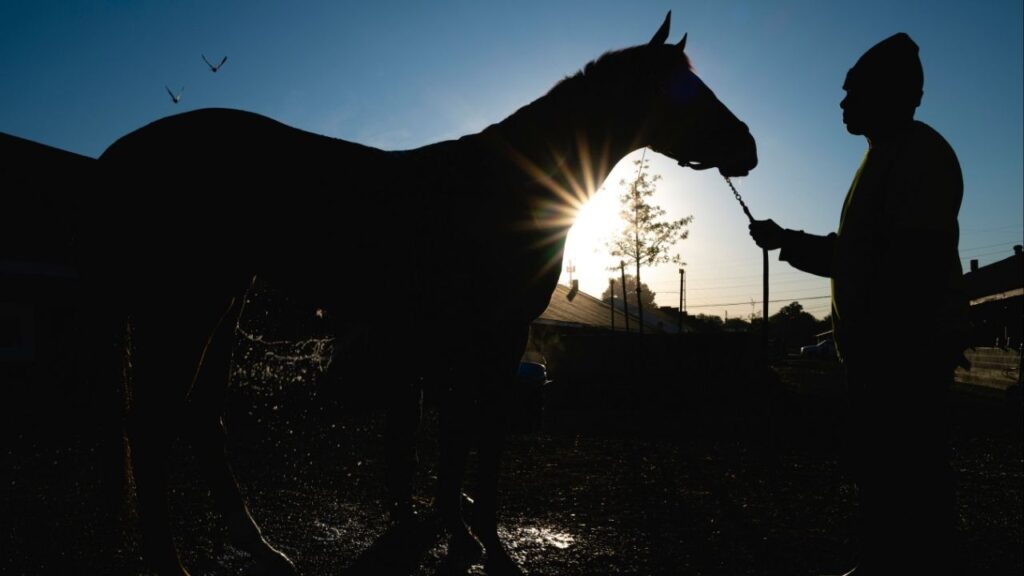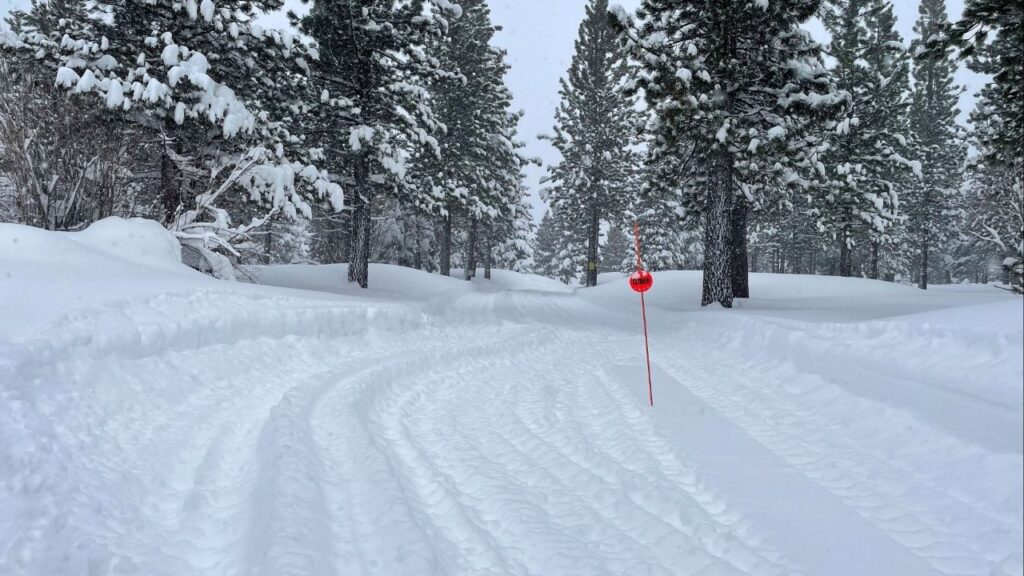Share
Valley Children’s Hospital has been named as a regional “pre-positioning” COVID-19 vaccine distribution site by the California Department of Public Health, officials said Wednesday.
The hospital has adequate freezer capacity to store several hundred thousand vaccine doses, the hospital said in a news release. The first vaccines expected to receive federal approval, manufactured by Pfizer and Moderna, require two-doses. Pfizer’s vaccine must be stored at an ultra-low temperature, while Moderna’s requires cold storage closer to that of a regular freezer.
California is expecting to receive a shipment 327,000 doses of Pfizer’s COVID vaccine in mid-December, with more from Moderna and other companies following, Gov. Gavin Newsom said Monday. How many doses will be sent by the state to the Central Valley is not yet known.
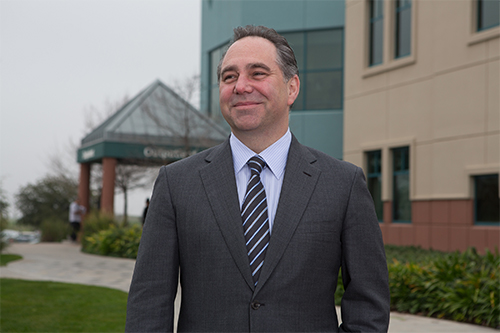
“In this role, we will be expected to receive, store and distribute the vaccine to other healthcare providers and organizations across our region, according to specific CDPH guidelines.”– Todd Suntrapak, Valley Children’s Hospital CEO
“From the very start of this pandemic, Valley Children’s has been recognized as a statewide leader in our response to this pandemic,” said Todd Suntrapak, Valley Children’s CEO said. “In this role, we will be expected to receive, store and distribute the vaccine to other healthcare providers and organizations across our region, according to specific CDPH guidelines.”
Vaccinations Will be Prioritized
California officials are working to determine who should be first in line for vaccination. On Tuesday, the federal Advisory Committee on Immunization Practices recommended health care workers and nursing home residents be the first to get shots.
There’s broad consensus that California’s 2 million health care industry workers with potential virus exposure on the job should be among those prioritized.
“We want to take care of the healthcare workers so they can take care of you,” Dr. Oliver Brooks, co-chair of the state’s Drafting Guidelines Workgroup, said Tuesday.
But since there won’t initially be enough vaccine to cover them all, the workgroup is drafting detailed guidance outlining who within the group should get first dibs.
Experts have advised the state to prioritize workers in acute care hospitals and those in risky health care work settings or who face more risk themselves due to age or health conditions.
Counties Will Handle Vaccine Allocation
The U.S. Food and Drug Administration is expected to consider this month authorizing emergency use of the vaccines made by Pfizer and Moderna. Current estimates project that no more than 20 million doses of each vaccine will be available across the U.S. by the end of 2020.
California has formed a working group of scientists and health experts who will also review the vaccines for safety and efficacy and to ensure public confidence. Dr. Arthur Reingold, who chairs the state’s Scientific Safety Review Workgroup, said he doesn’t expect any delay in the rollout of these vaccines as group members are reviewing the data within a day of its release to federal officials.
“We will be basically doing our work along a similar time frame,” Reingold said. “I’m optimistic based on what we’ve seen so far, but you know, we need to see the rest of the information.”
Within California, counties will handle vaccine allocation in line with state guidance with some room for variation based on local conditions, officials said.
Newsom said he would have a distribution plan for the initial vaccines by the end of the week.
(The Associated Press contributed to this report.)
RELATED TOPICS:
Categories
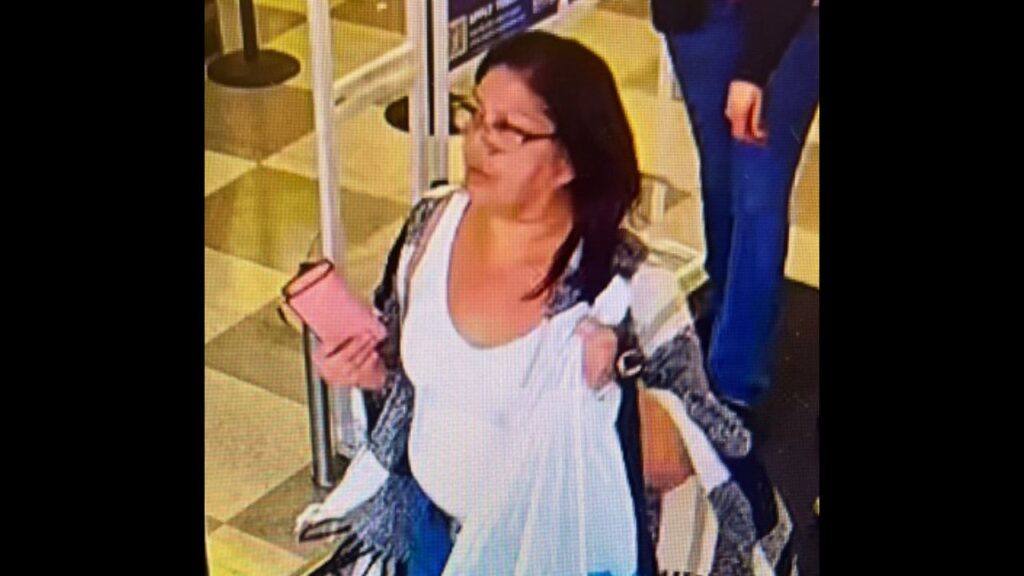
Madera Police Seek Help Identifying Theft Suspect
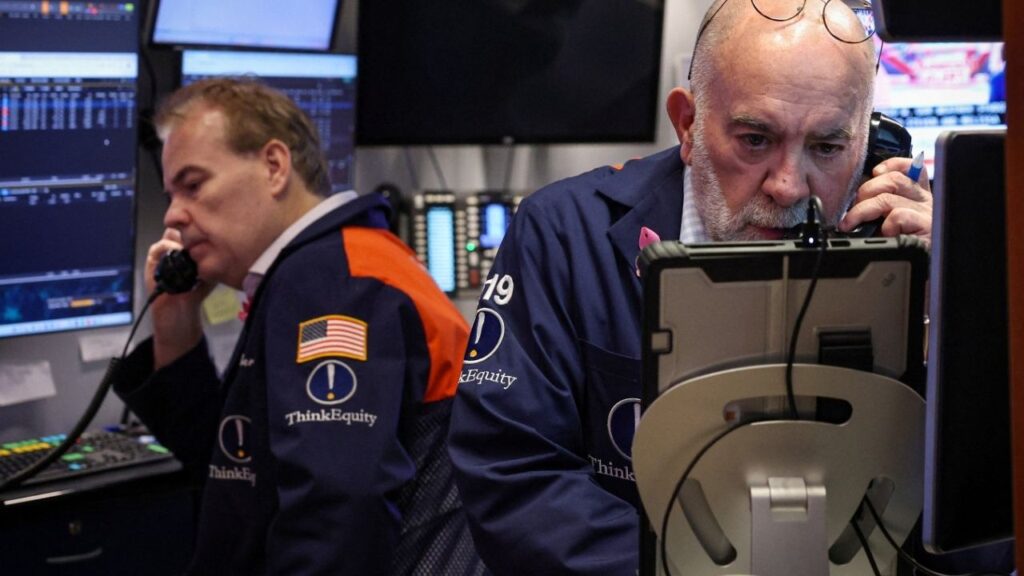
Wall Street Ends Higher, Lifted by Nvidia and Other AI Stocks
